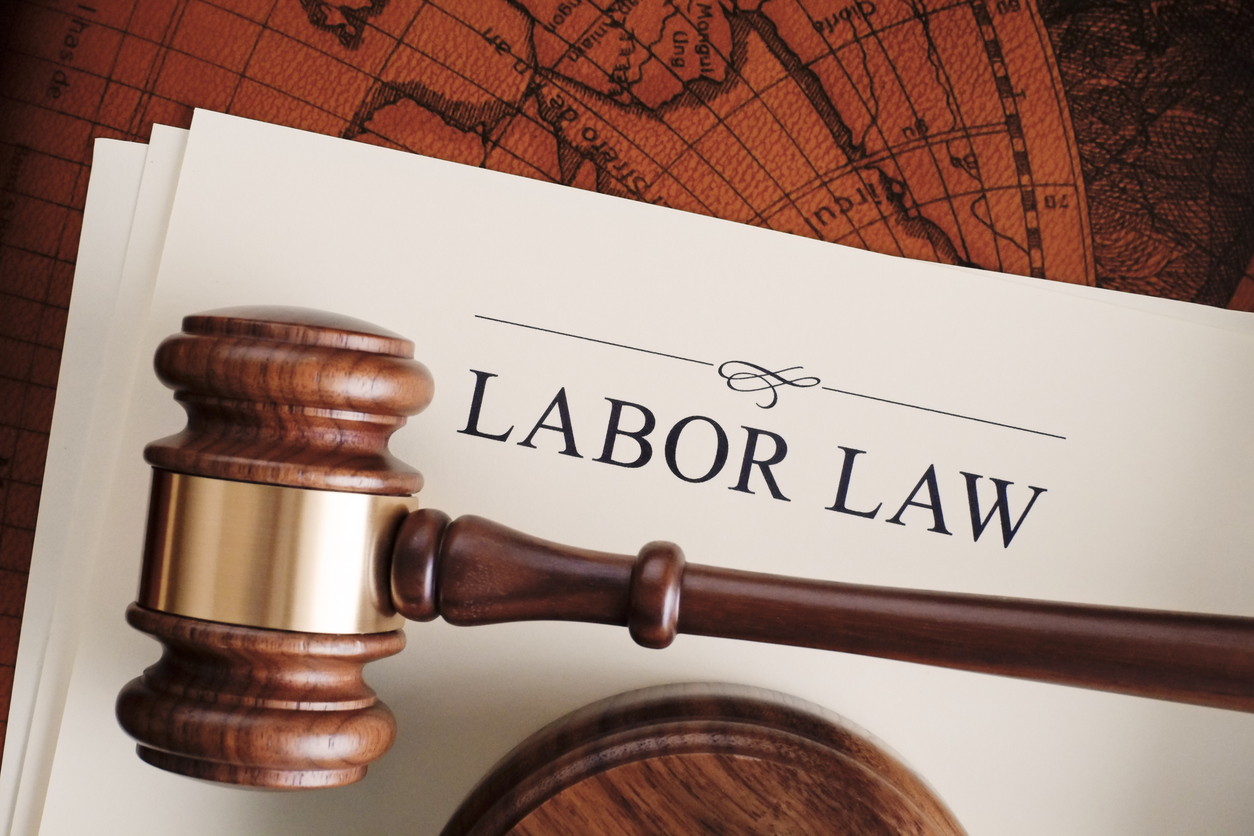TL;DR: Summary Box The best payroll providers in the Philippines ensure labor law compliance by automating processes, staying updated with local regulations, and managing taxes and mandatory benefits accurately. Outsourcing payroll reduces the risk of costly errors and penalties by ensuring compliance with Philippine payroll regulations, DOLE rules, and tax remittances. For companies that fear compliance issues, choosing a reputable provider offers peace of mind and legal protection.
Why Payroll Compliance in the Philippines Matters
Payroll compliance in the Philippines isn’t just a matter of good practice—it’s a legal necessity. Employers must follow local labor laws, tax regulations, and government mandates to avoid serious penalties. For many businesses, the fear of getting fined or audited stems from one area: payroll errors. This is where payroll providers in the Philippines come in.
The right payroll services for Philippine companies ensure that salaries, benefits, deductions, and tax remittances are processed accurately and on time. That means less risk, more accuracy, and smoother operations.
What Payroll Compliance Means in the Philippines
Payroll compliance in the Philippines refers to adhering to all statutory requirements under:
- The Labor Code of the Philippines
- Social Security System (SSS)
- PhilHealth
- Pag-IBIG Fund
- Bureau of Internal Revenue (BIR)
This includes:
- Timely salary payments
- Proper computation of wages and benefits
- Correct deductions for taxes and contributions
- Accurate government remittances
- Issuance of payslips and tax forms (like BIR 2316)
Pain Point: The Cost of Non-Compliance
Many businesses worry about penalties for non-compliance with payroll laws in the Philippines. These may include:
- Fines from DOLE
- Tax penalties from BIR
- Legal action from employees
- Business reputation damage
Even minor mistakes—such as miscalculating 13th-month pay or delayed remittances—can lead to investigations. The best payroll providers eliminate this fear by offering compliant payroll solutions.
How the Best Payroll Providers Ensure Compliance
1. Full Understanding of Philippine Payroll Regulations
Compliant payroll service providers in the Philippines employ payroll experts who understand:
- Legal payroll practices in the Philippines
- Minimum wage updates
- DOLE rules and regulations
- Government-mandated benefits
2. Automated and Accurate Payroll Calculations
With modern payroll software, errors in computation are minimized. Systems are programmed to apply:
- Correct tax brackets
- Mandatory deductions (SSS, PhilHealth, Pag-IBIG)
- Overtime, night differentials, and holiday pay
This ensures labor law compliance in payroll processing every cycle.
3. Compliance with Government Reporting and Remittances
Top payroll services handle:
- Monthly remittances to government agencies
- Preparation of BIR forms (1601-C, 2316, 1604-CF)
- Year-end alpha list submissions
- SSS R3 and PhilHealth RF1 reports
4. Integration with HR and Timekeeping Systems
To stay compliant, accurate time tracking is key. Payroll systems often integrate with timekeeping tools to ensure:
- Proper recording of hours worked
- Valid calculation of leaves, absences, and tardiness
5. Real-Time Updates on Labor Law Changes
Payroll providers subscribe to regulatory updates and adjust their processes accordingly. This is critical because:
- Minimum wages vary by region
- BIR may issue new tax rules
- DOLE mandates can change annually
6. Data Security and Confidentiality
Legal compliance also involves protecting employee data. A good provider ensures:
- Encrypted storage of employee records
- Limited access to sensitive data
Benefits of Partnering with Compliant Payroll Providers
Here’s how payroll outsourcing compliance in the Philippines supports business success:
- Avoid penalties and legal issues
- Save time and admin resources
- Access to expert knowledge
- Confidence in government compliance
- Seamless tax filing and benefit remittances
These payroll services for Philippine companies reduce stress while improving accuracy.
Features to Look for in a Compliant Payroll Provider
- Local labor law expertise
- Automated and customizable payroll system
- On-time tax remittance and filings
- Regular compliance audits
- Dedicated support for DOLE inspections
- Transparent reports and employee access to payslips
Common Payroll Violations and How to Avoid Them
- Underpayment of wages — Make sure systems are updated with the latest wage rates.
- Missed remittances — Automate payments to SSS, PhilHealth, and Pag-IBIG.
- Incorrect tax withholding — Use software that calculates BIR deductions accurately.
- Late 13th-month pay — Mark deadlines and automate release dates.
Payroll audit and compliance tips in the Philippines:
- Schedule periodic payroll reviews
- Cross-check reports with DOLE and BIR regulations
- Conduct internal checks on timekeeping and leave tracking
FAQ Section
What is payroll compliance in the Philippines?
It means adhering to labor laws and tax regulations related to employee compensation and benefits.
What labor laws must payroll providers follow in the Philippines?
They must comply with the Labor Code, SSS, PhilHealth, Pag-IBIG, and BIR requirements.
Why is it important for payroll services to follow Philippine labor laws?
To avoid fines, legal issues, and ensure employees are treated fairly.
How do payroll providers ensure compliance with DOLE regulations?
They automate wage calculations, keep systems updated with laws, and generate required reports.
What are the common payroll violations under Philippine labor law?
Underpayments, late remittances, inaccurate tax deductions, and mismanaged benefits.
Can outsourcing payroll help with labor law compliance in the Philippines?
Yes, it ensures accuracy, timeliness, and expert handling of legal requirements.
How do payroll providers stay updated with labor law changes?
They subscribe to DOLE and BIR bulletins and adjust systems regularly.
What are the penalties for non-compliance with payroll laws in the Philippines?
Fines, business closures, legal suits, and reputational damage.
What features should I look for in a compliant payroll provider?
Expertise in laws, accurate software, timely remittances, and audit readiness.
Do payroll providers in the Philippines handle tax and government remittances?
Yes, top providers manage all statutory filings and payments.
Is payroll software enough to ensure compliance with labor laws?
Only if it’s regularly updated and operated by trained professionals.
How often should a payroll audit be done in the Philippines?
At least once a year, or more frequently for larger businesses.
Are foreign companies in the Philippines required to comply with local payroll laws?
Yes, regardless of ownership, they must follow all labor and tax rules.
What benefits does a compliant payroll provider offer to employers?
Peace of mind, reduced risk, time savings, and operational efficiency.
How do top payroll providers manage 13th-month pay and other mandatory benefits?
They automate benefit calculations and ensure timely disbursements in compliance with laws.
Final Thoughts: Choosing Peace of Mind Over Penalties
In a complex regulatory environment, payroll compliance in the Philippines should never be left to chance. Choosing one of the best payroll providers means you don’t have to worry about government audits, legal trouble, or employee dissatisfaction. Whether you’re a startup or a multinational, investing in compliant payroll solutions helps you focus on growth while staying on the right side of the law.
Still unsure where to start? Look for a provider that offers end-to-end payroll management in the Philippines, tailored to your industry, workforce size, and business model.



